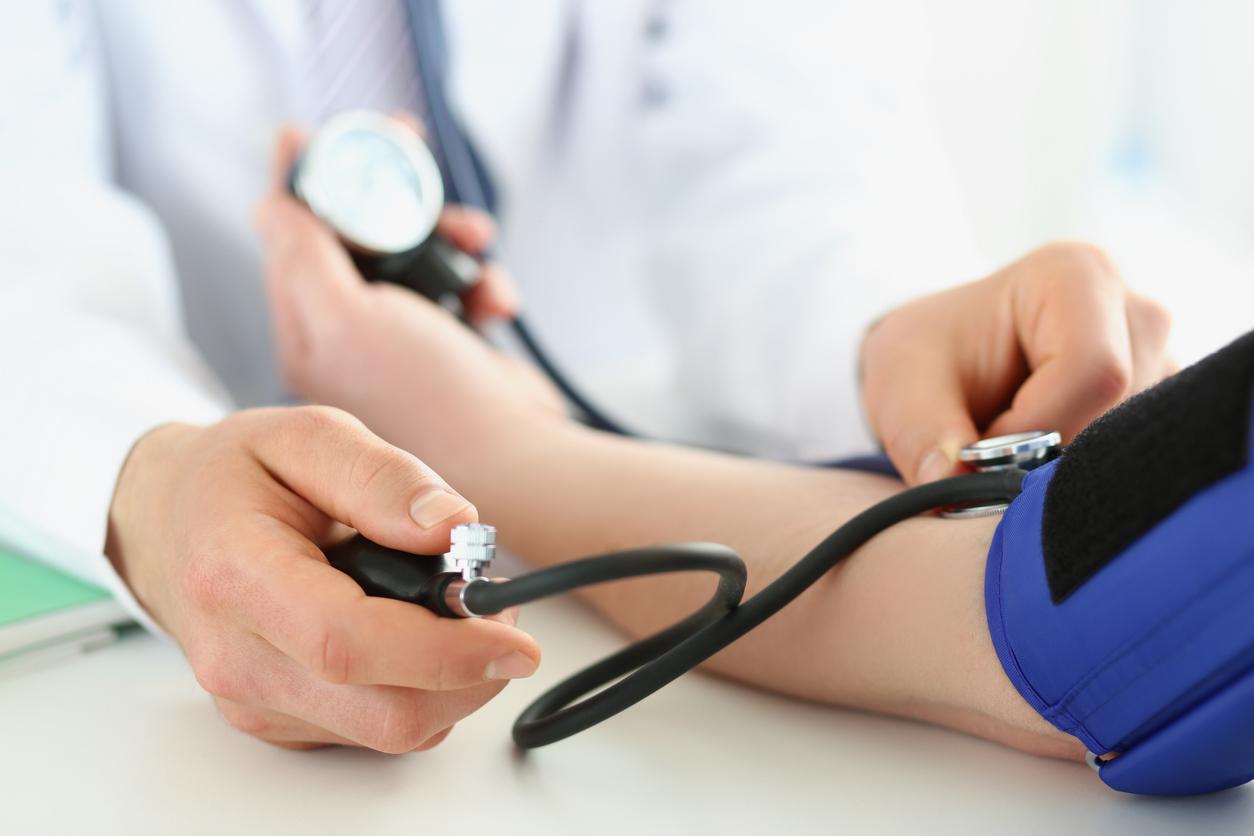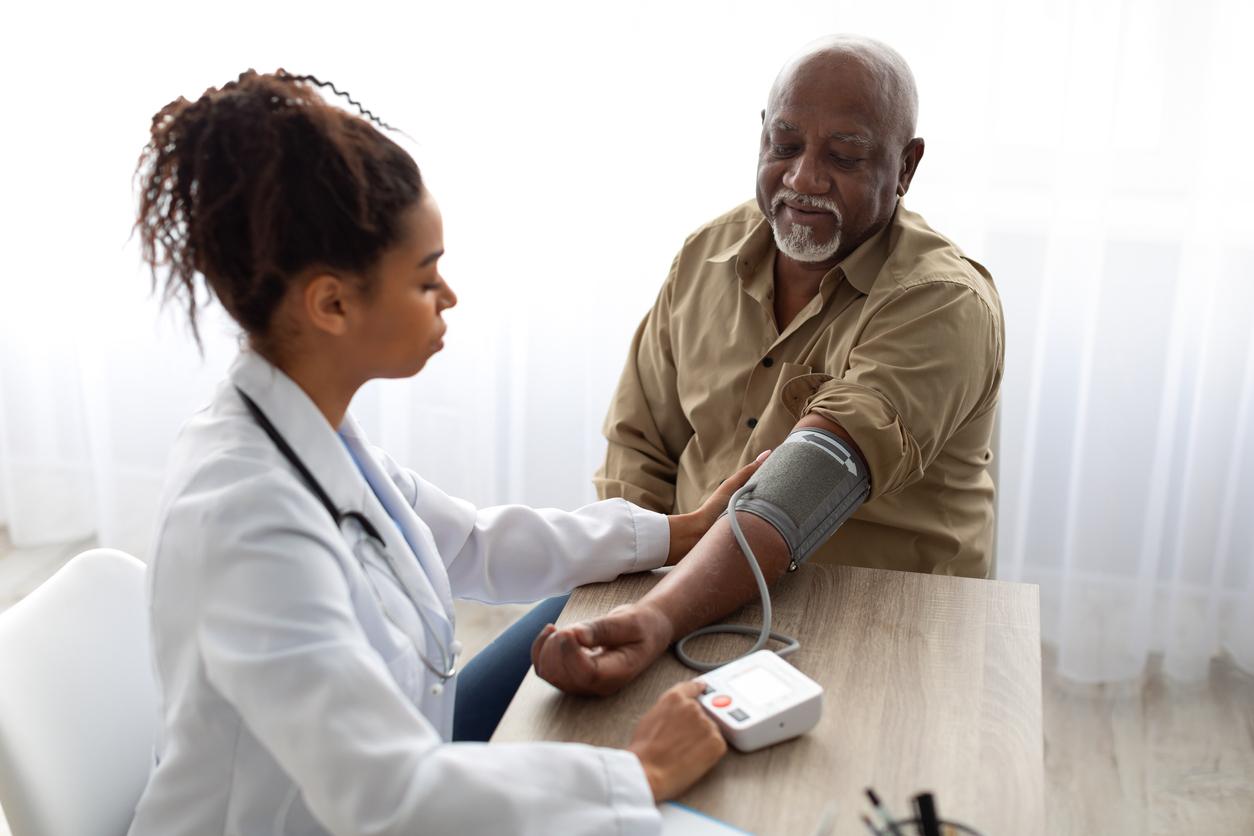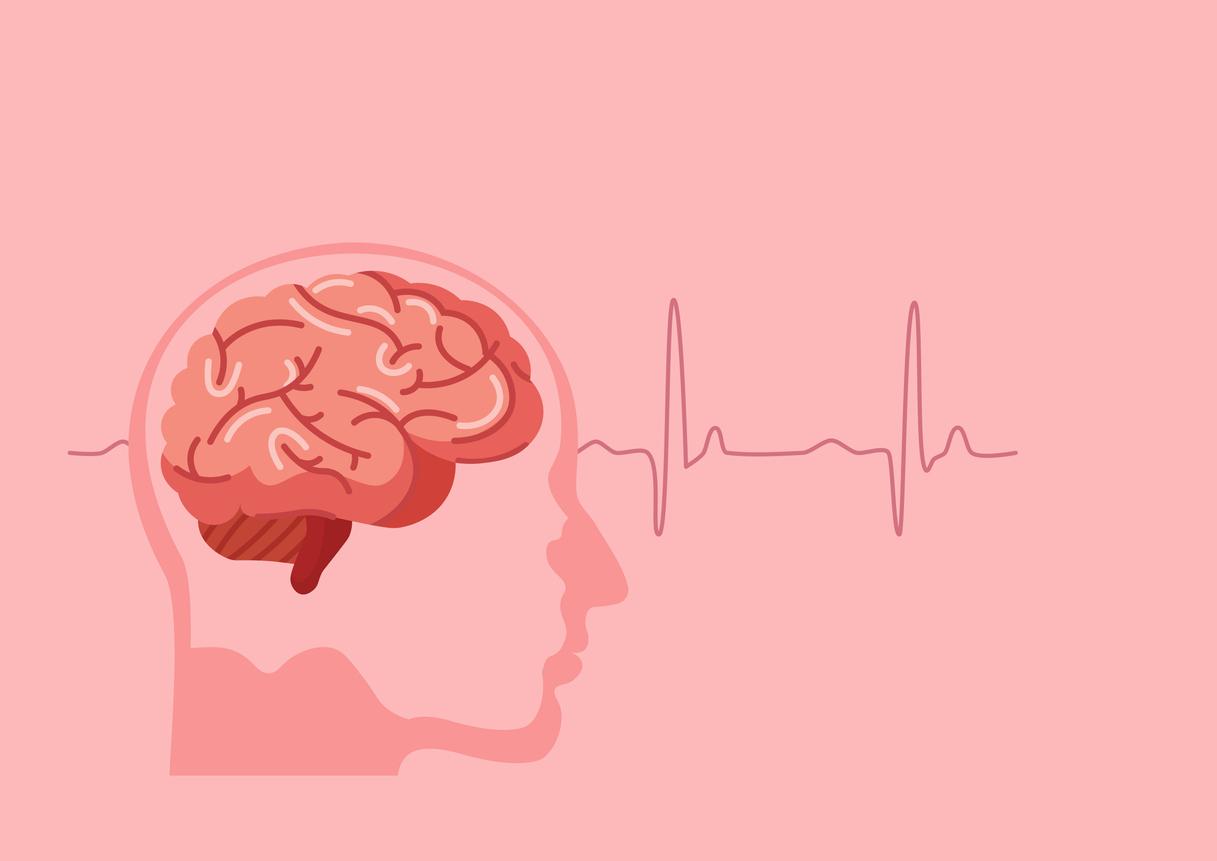Measure your blood pressure properly
When it comes to hypertension, each patient is unique. The doctor will therefore personalize your treatment according to your profile (presence or not of another disease, absorption of other drugs, etc.) to find the one that will stabilize your blood pressure levels in the long term. At each visit, your doctor will check your blood pressure. But it is important, for a better follow-up of the treatment, to measure your blood pressure yourself over the weeks.
Blood pressure varies from day to day and even depending on the time of day. So the variables tend to rise in the morning and fall during the night. A self-measurement at home allows you to better define the average level of your blood pressure and eliminate the “white coat” effect: a sudden rise in blood pressure caused by the stress and anxiety of the consultation! The self-measurement over several days also allows you to check that the treatment prescribed by the doctor is working and that it is best able to control your blood pressure over time.
The rule of 3
To measure your blood pressure in good conditions, take it in a sitting position, calm and after a few minutes of rest. Applying the rule of 3 means achieving:
– 3 consecutive measurements in the morning between getting up and having breakfast, a few minutes apart
– 3 consecutive measurements in the evening between dinner and bedtime, a few minutes apart
– 3 days in a row during the week preceding the consultation.
Record all measurements on a record sheet and communicate them to your doctor during the visit.
Preferably choose a measuring device with a cuff on the arm, whose measurements are more reliable than on the wrist.
Release the stress
Relieving the tension and stress from your daily life is an important factor in managing your hypertension.
Of course, it is not stress that is the cause of your high blood pressure, but if you are being treated for high blood pressure, be aware that stress or a state of nervousness can be accompanied by a occasional increase in blood pressure. your blood pressure.
– The means used to treat stress are not effective in treating hypertension. On the other hand, they make it possible to live it better and to control it better.
– Medicines for arterial hypertension are not “anti-stress” drugs. They do not prevent the tension from rising under the effect of an emotion, an annoyance, an anxiety.
– You have to learn to manage your stress, especially when you are hypertensive. However, we should not try to eliminate it completely. Stress can indeed be positive. It is an essential “engine” to adapt to the situations that we encounter in life.
– If you are hypertensive, take your treatment every day, never stop it on your own initiative. Even if you are no longer in a stressful situation, stopping it systematically causes the return of hypertension.
– Choose methods to decompress and maintain regular physical activity (walking, cycling, swimming …), which contributes to a lasting decrease in blood pressure. The ideal: to practice one hour per day of physical activity of light intensity and 30 to 45 m, of activity of average intensity, twice a week.
– Limit stimulants (coffee, alcohol) and ask your doctor for advice on vitamin supplements if he deems it necessary. In particular, magnesium, and vitamins B1 and B6 which are proven anti-stress.
With the collaboration of the French Committee for the fight against arterial hypertension.
















